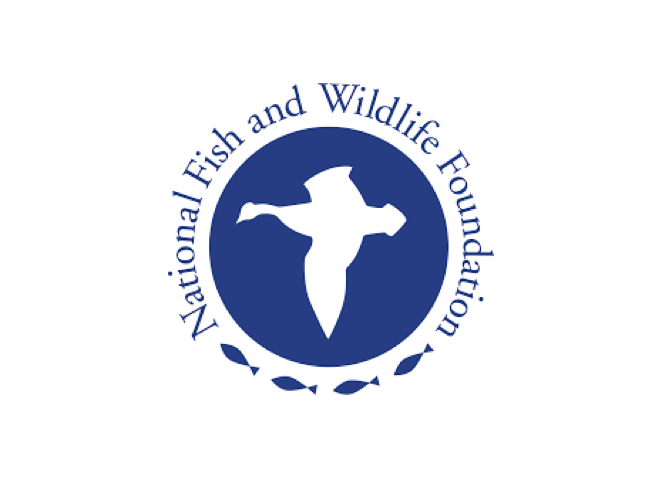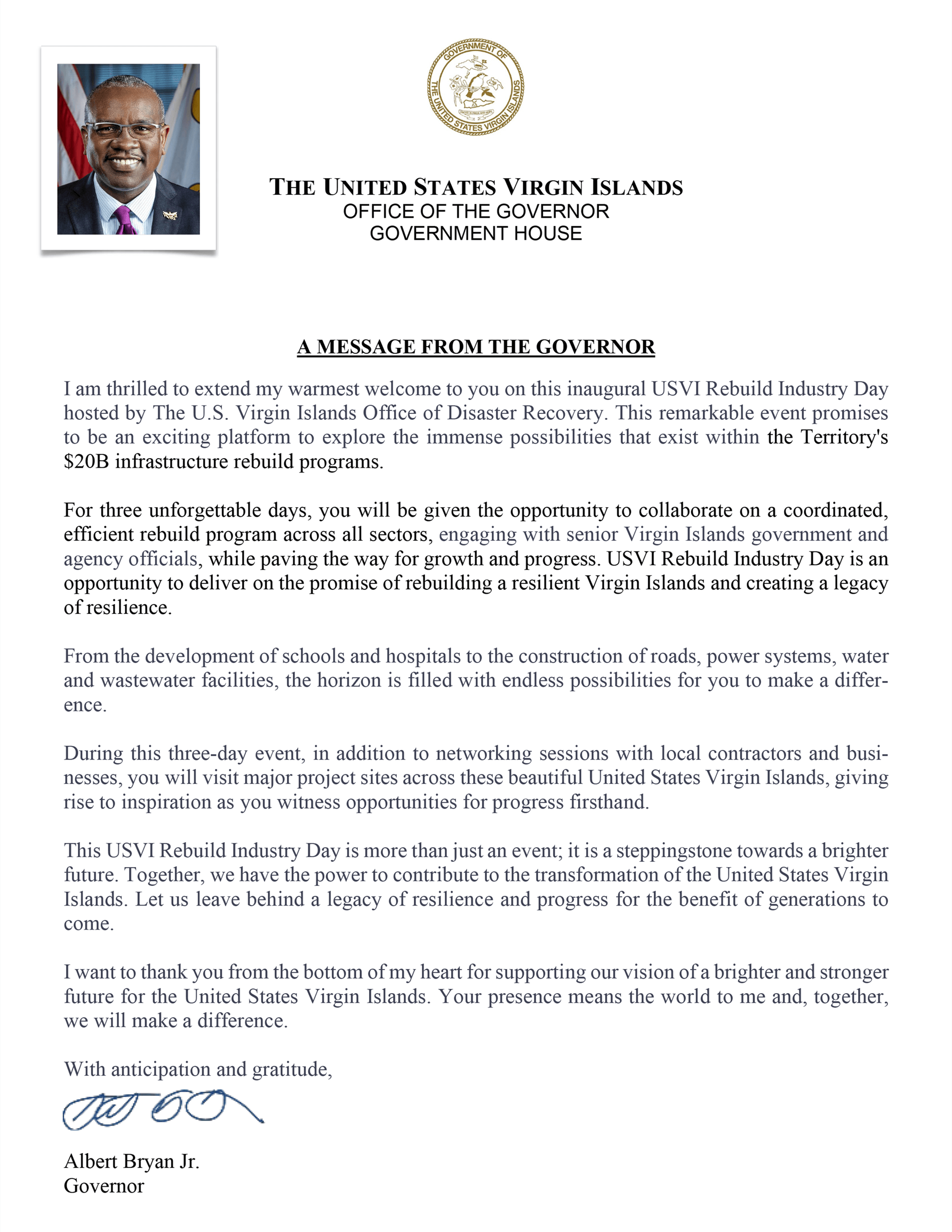
National Coastal Resilience Fund 2020
Pre-Proposal Webinar (Register): Thursday, March 12, 2020, at 3:00 – 4:00 PM ET
Pre-Proposal Due Date: Wednesday, April 8, 2020, by 11:59 PM ET
Full Proposal by Invite Only Due Date: Thursday, June 25, 2020, by 11:59 PM ET
The National Fish and Wildlife Foundation (NFWF) is pleased to announce the National Coastal Resilience Fund Request for Proposals (RFP) for 2020. NFWF will make investments to restore and strengthen natural systems so they can protect coastal communities from the impacts of storms, floods, and other natural hazards and enable them to recover more quickly and enhance habitats for fish and wildlife.
Contiguous areas of natural habitat such as coastal marshes and wetlands, coastal forests, rivers, and streams, dune and beach systems, oyster and coral reefs — maintained at a significant size for the habitat type — provide communities with enhanced protection and buffering from the growing impacts of sea-level rise, changing flood patterns, increased frequency and intensity of storms, and other environmental stressors. NFWF’s coastal resilience assessment seeks to identify areas where natural resource restoration efforts will have the greatest impact for human community resilience, as well as for fish and wildlife and identifies these types of natural areas as “Resilience Hubs”1. It is not required that projects are located in an area identified by NFWF as a Resilience Hub to be eligible, but it is one tool used to assess projects based on the dual benefits to habitats and human communities. Applicants may explore Resilience Hubs on the Coastal Resilience and Evaluation Siting Tool (CREST).
NFWF will award approximately $31 million in grants to create and restore natural systems in areas that will both increase protection for communities from coastal storms, sea- and lake-level changes, inundation, and coastal erosion, and also improve valuable habitats for fish and wildlife species. NFWF will invest in projects in four focus areas:
Community Capacity Building and Planning
Project Site Assessment and Preliminary Design
Project Final Design and Permitting
Restoration and Monitoring
In every focus area, NFWF is also interested in funding projects that seek to re-shape our thinking on how to protect communities in light of projected environmental stressors and use innovative approaches to address these challenges. NFWF seeks to advance projects that include adaptation to projected future environmental conditions so that these individual projects are resilient into the future.
This program is funded by, and coordinated with, the National Oceanic and Atmospheric Administration (NOAA), Shell Oil Company, and TransRe and will include input from other federal agencies and outside experts. NFWF will also seek to leverage additional public or private funds that align with the goals of the NCRF projects in order to extend the impact of this program.
GEOGRAPHIC FOCUS
Projects must be located within the coastal areas of U.S. coastal states, including the Great Lakes states, and U.S. territories. For the purpose of this funding opportunity, the eligible project area is defined as all coastal Hydrologic Unit Code (HUC) 8 watersheds that drain to the sea and any adjacent HUC 8 watersheds that are particularly low-lying or tidally influenced.
This program is being implemented nationally and is focused on the enhancement of resilience for coastal communities. Award decisions will be made based on regional circumstances, needs, and priorities. Projects will help to reduce threats, including, but not limited to: flooding, sea-level rise, lake-level change, coastal erosion, increased frequency and intensity of storms, and impacts from other chronic or episodic factors. Many of these threats are connected, and NFWF anticipates that the proposed projects will address reducing vulnerability to multiple threats, as appropriate.

